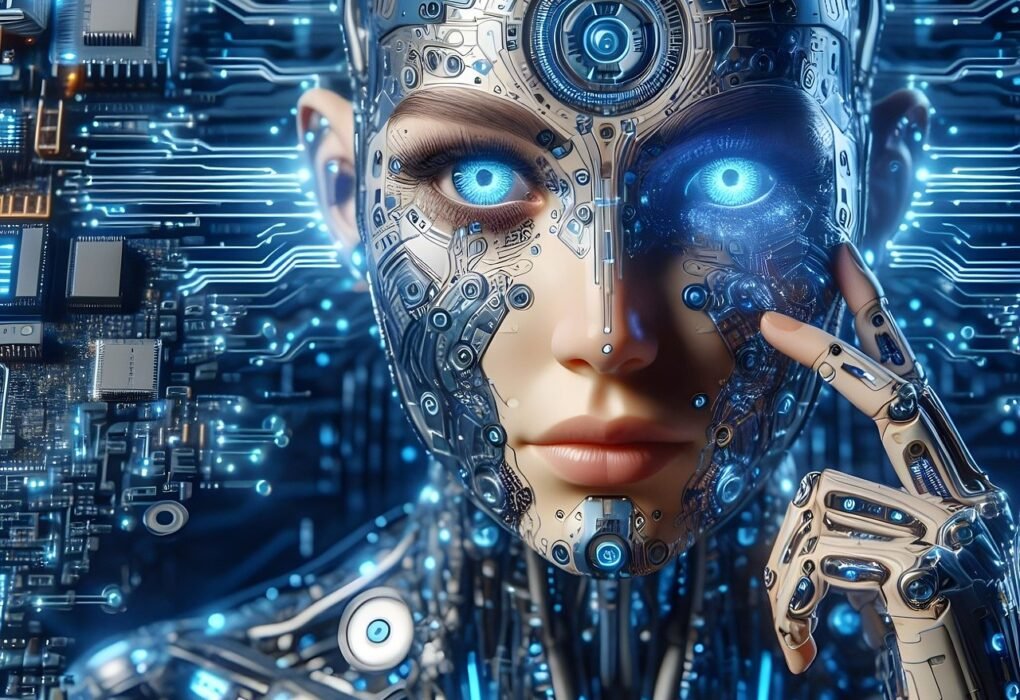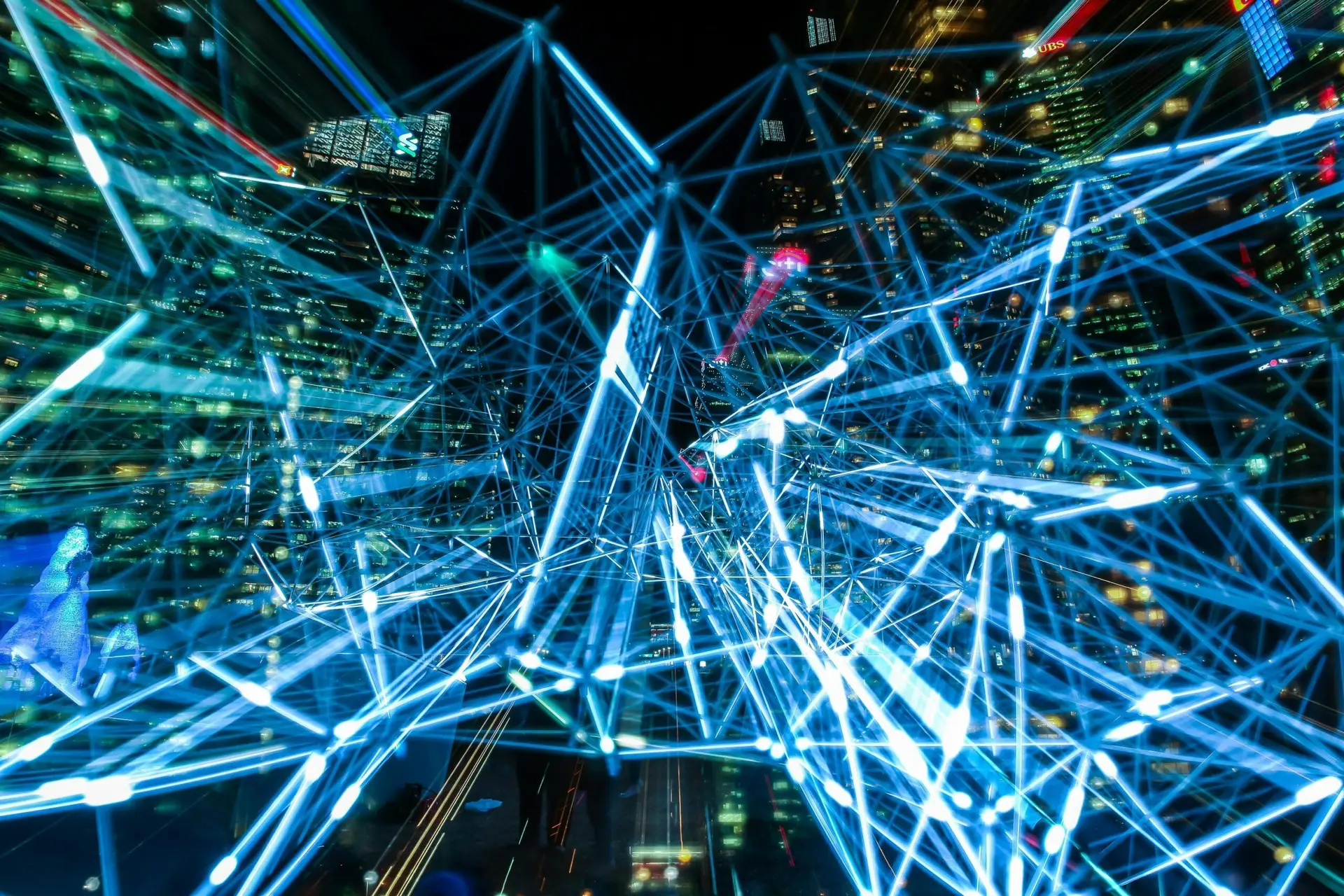Artificial Intelligence has quickly progressed from a specialized field of study to a powerful force influencing all areas of contemporary life. AI is increasingly becoming a fundamental part of our everyday lives, from improving business operations to transforming entertainment and revolutionizing healthcare.
Artificial Intelligence designed to the simulation of human intelligence in machines programmed to think, learn, and make decisions. It surround a variety of techniques, including machine learning, natural language processing, computer vision, and robotics. These technologies used AI systems to perform tasks that typically require human cognition, such as problem-solving, understanding language, and recognizing patterns.

AI in Daily Life
Personal Assistants: Virtual assistants like Siri, Alexa, and Google Assistant have become household staples, helping with everything from setting reminders to controlling smart home devices.
Entertainment: Streaming platforms use AI algorithms to analyze your preferences and recommend content tailored to your tastes.
Healthcare: AI tools are assisting doctors with diagnostics, treatment plans, and even surgery. Predictive analytics help identify potential health risks before they become critical.
Finance: From fraud detection to personalized financial advice, AI is streamlining the financial industry.
Transportation: Self-driving cars, route optimization, and predictive maintenance are all powered by AI, revolutionizing how we move from place to place.

Benefits of AI
Efficiency: AI systems can process and analyze big amounts of data faster and more accurately than humans.
Accessibility: AI powered tools are making technology more accessible, breaking down barriers for people with disabilities.
Innovation: AI is driving innovation across industries, enabling breakthroughs in fields like renewable energy, biotechnology, and space exploration.
Ethical Considerations
Bias and Fairness: AI systems can reflect and amplify biases found in their training data, which may result in inequitable outcomes.
Privacy: The widespread use of AI raises concerns about data collection and privacy.
Job Displacement: Automation driven by AI could displace workers in certain industries, requiring new approaches to education and workforce development.
Accountability: Determining who is responsible for decisions made by AI systems is a complex issue, particularly in high-stakes scenarios like healthcare or criminal justice.

As AI continues to advance, its possibilities are limitless. Emerging fields like quantum computing, advanced robotics, and AI ethics are expanding the horizons of what can be achieved. However, the future of AI relies on our capacity to address its challenges thoughtfully, ensuring that this transformative technology serves the greater good for all.
Artificial Intelligence is more than just a technological advancement. It is a paradigm shift. Its ability to learn, adapt, and improve has the potential to solve some of humanity’s most pressing problems, from climate change to global health crises. As we stand on the brink of this new era, embracing AI’s potential while addressing its challenges will be key to shaping a future where technology and humanity thrive together.



